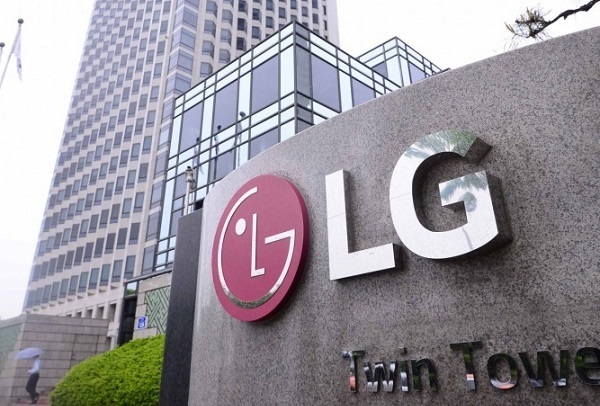[Newsmaker] LG Chem merger with LG Life Sciences to boost biotech business
By Sohn Ji-youngPublished : Sept. 12, 2016 - 16:18
South Korea’s top chemicals company LG Chem on Monday said it has decided to merge with its biopharmaceuticals unit LG Life Sciences to drive up its competitiveness in the biotechnology business.
The two companies said in a joint regulatory filing that each company approved of the merger -- plans for which had been recently publicized via media reports -- during a board meeting Monday.
“The merger reflects LG Group’s aims to nurture its biotechnology business and bridges the strategic needs of the two companies,” LG Chem, the chemicals production unit of LG Group, said in a statement.
The two companies said in a joint regulatory filing that each company approved of the merger -- plans for which had been recently publicized via media reports -- during a board meeting Monday.
“The merger reflects LG Group’s aims to nurture its biotechnology business and bridges the strategic needs of the two companies,” LG Chem, the chemicals production unit of LG Group, said in a statement.

Under the proposed merger agenda, LG Chem will offer newly-issued stocks to LG Life Sciences shareholders, with plans to complete the merger by Jan. 1, 2017, it added.
LG Life Sciences’ shareholders will receive about 0.26 of a LG Chem share for each common share owned, and about 0.25 of a share in LG Chem for each preferred share owned, according to the chemicals firm.
By acquiring LG’s biopharma unit, LG Chem said it has expanded its business portfolio to encompass more diverse sub-fields within the biotechnology sector.
Through the merger, LG Chem’s biotech business will newly encompass “red biotechnology,” which refers to biotech applied to the health care sector, including biopharmaceuticals and therapies based on stem cells and monoclonal antibodies.
LG Chem has already ventured into the field of “green biotechnology” -- sometimes called “food biotech,” which refers to biotech and genetic engineering applied to plants -- by acquiring agrochemical technology firm Farm Hannong in April this year.
The proposed merger also lends a much-needed financial boost to LG Life Sciences, which despite its business capacity and competitiveness, has not grown to its full potential due to limited investments and support from within the group, LG Chem said.
LG Life Sciences’ antibiotic drug Factive was the first-ever new treatment developed in Korea to score approval from the US Food and Drug Administration.
Its self-developed diabetes treatments Zemiglo and Zemimet together generated 24.8 billion won ($22.4 million) in sales last year. The firm, in partnership with France-based pharma giant Sanofi and Mexico’s Stendhal, is in the process of exporting the drug to 104 countries.
In February, LG Life Sciences’ self-developed 5-in-1 multifunctional vaccine Eupenta also became one of seven such vaccines in the world to score the World Health Organization’s prequalification approval -- a certification needed to become a vaccine supplier to major UN organizations.
Looking ahead, LG Chem plans to inject around 300 billion won to 500 billion won every year into biotech research and development to spur the segment’s expansion. With such efforts, the firm expects its biotech business to generate 5 trillion won by 2025, it said.
“Biotechnology is an important field that advances humanity’s well-being and prosperity,” LG Chem Vice Chairman and Chief Executive Officer Park Jin-soo said in a statement.
“With bold early investments, we hope to step up as a world-class leader in the biotechnology segment in the future,” he said.
LG Group’s latest moves to bolster its biotech business is said to have been triggered in part by Samsung Group’s heavy investments into its two biopharma affiliates Samsung BioLogics and Samsung Bioepis.
The former, founded in 2011, is a contract manufacturer of biologic drugs developed by pharmaceutical companies around the world, while the latter, established in 2012, focuses on developing biosimilars, which are near-replicas of complex biologic drugs that have lost patent protection.
So far, Samsung has invested some 3 trillion won into its biotechnology business, as it looks to make BioLogics a top manufacturing partner to the world’s major pharmaceutical companies and Bioepis a leader in the still-nascent yet lucrative biosimilars business.
By Sohn Ji-young (jys@heraldcorp.com)


















